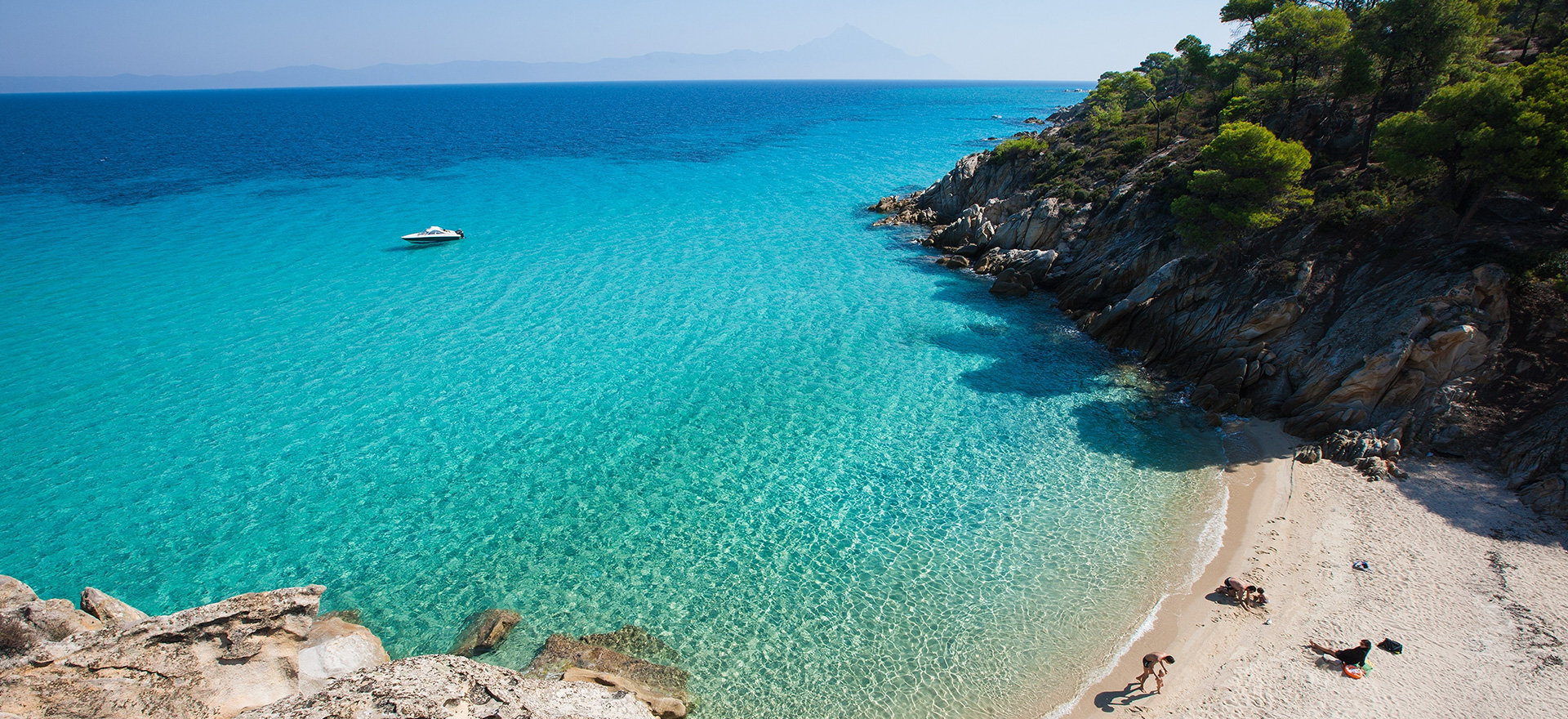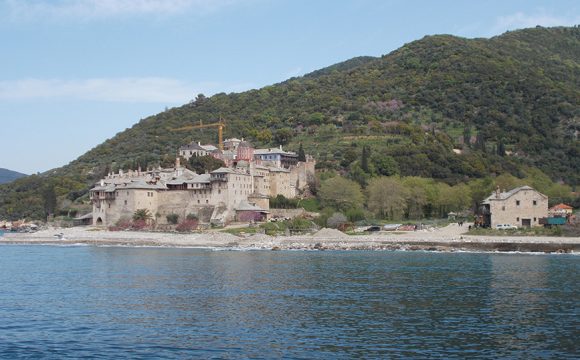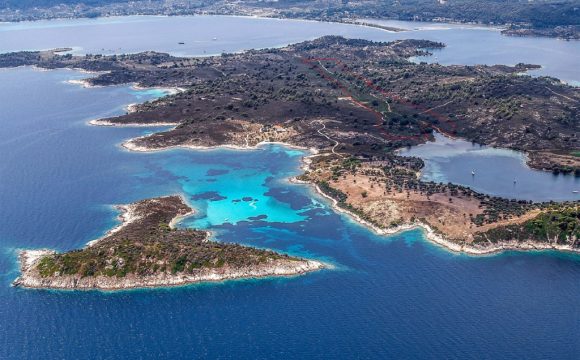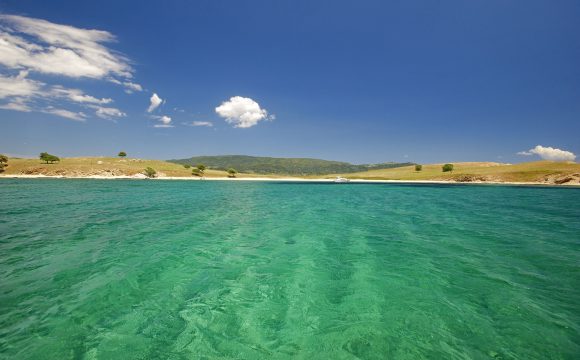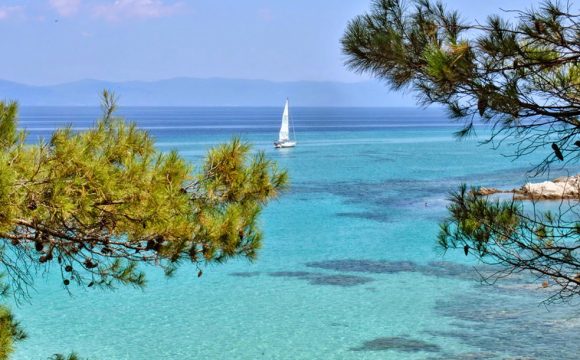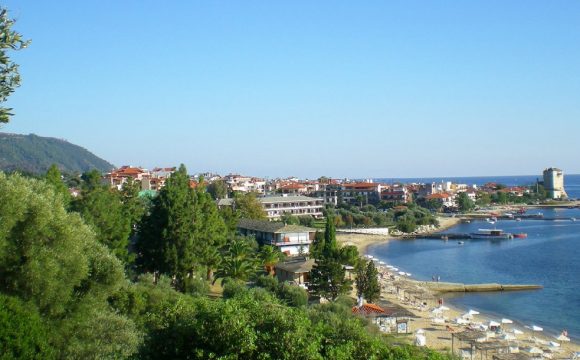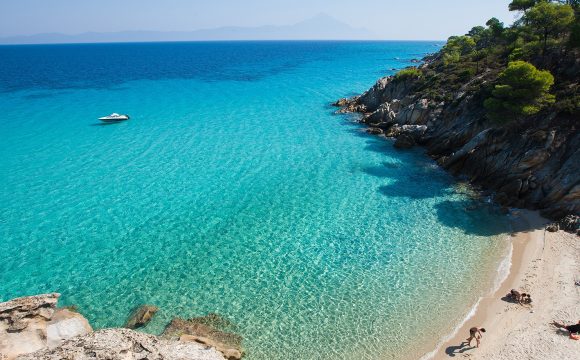Welcome to Vourvourou
Vourvourou is a coastal village and holiday resort of Sithonia province, with 140 inhabitants which is a settlement of the Municipal Department of Agios Nikolaos on the homonymous municipality of Halkidiki. The area was formerly owned by residents of the neighboring village, Agios Nikolaos. It produces olive oil, honey, raki, wine and fish.
The economy is based on tourism enterprises. Beaches (Vourvourou, Livari, Xifara, Karidi, Bara, Fava) and the natural beauties attract many visitors every year.
Diaporos
Opposite Vourvourou and a short distance from the coast lies a group of islands, nine in number, the most important of Diaporos. Diaporos is fairly large island, with huge natural bay 700 meters long and longer, the Hide and Seek, which serves as a mooring place for the boats when the sea is rough. The bay ends in shallow waters, which always remain warm and suitable for winter swimmers. Most of the island is covered by pine forest.
Other attractions
Visitors can see the settlement of the faculty of Aristotle which is a standard model settlement at a Panhellenic scale, with total respect for the environment.
Also, from the top of Mount Itamos you can see the whole Halkidiki and the Aegean. The Monument of Aviators is also very interesting.
There are many churches like Panagia Vourvourou, celebrated on 8 September, the Prophet Elijah and Theonas in the setlement.
Historical data
The area has been inhabited since ancient times, as testified by the ruins of the provyzantino church of St. Andrew, found on the island Diaporos. The great wall, fortification work of an unknown era, what is also remarkable is which cut the communication of the master of Sithonia with the rest of Halkidiki.
In the 10th century the area referred to as “the Land of Vourvourou” was given as a dependency of the Monastery Xenofontos on Mount Athos Byzantine Empire. In 1615 the main area was inhabited by the residents of St. Nicholas. In the late 19th century Simonopetra monastery sold the area to Russian monks, but they were expelled by the inhabitants of St. Nicholas. The latter remained the only major region.
In 1913 the inhabitants of the Small Souli Serres, the Palaiokomi, Amphipolis and Lakovikia resorted in Vourvourou to escape the violence of the Bulgarian occupiers in Eastern Macedonia. But then where to find a cholera epidemic, causing more than 110 people die. Those who survived returned to their villages just before the outbreak of World War II.




